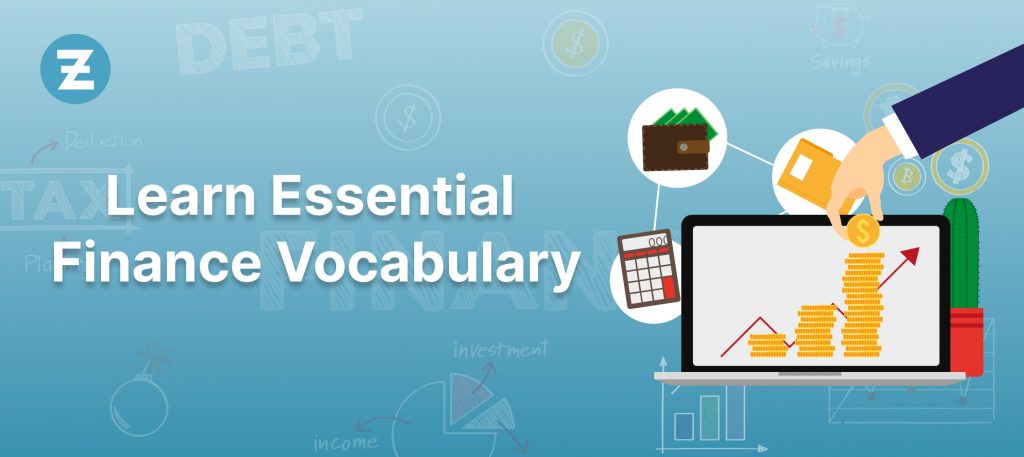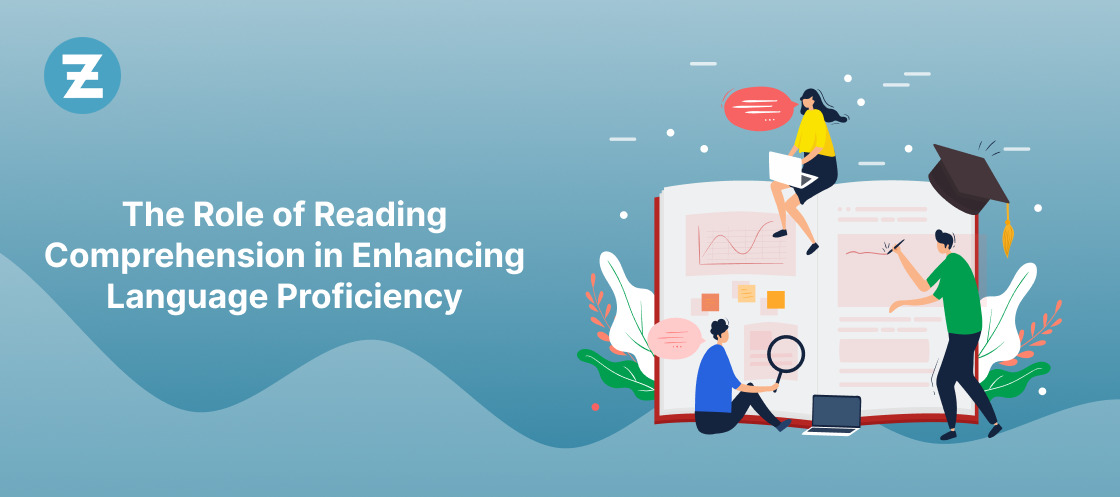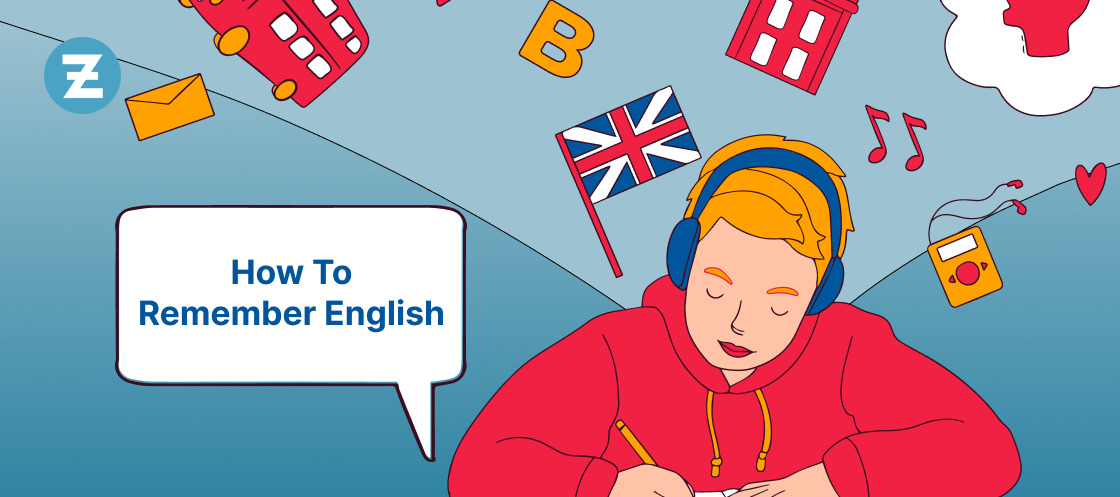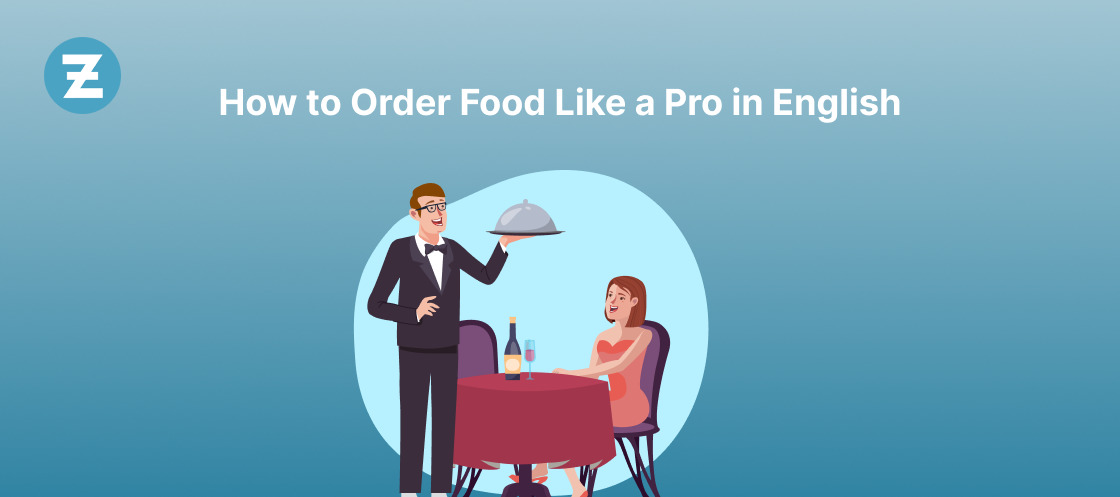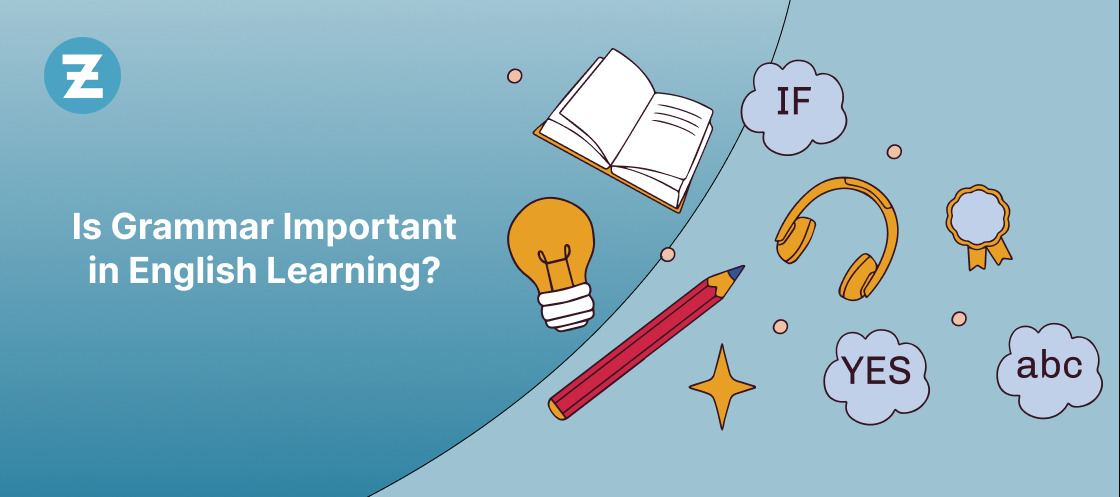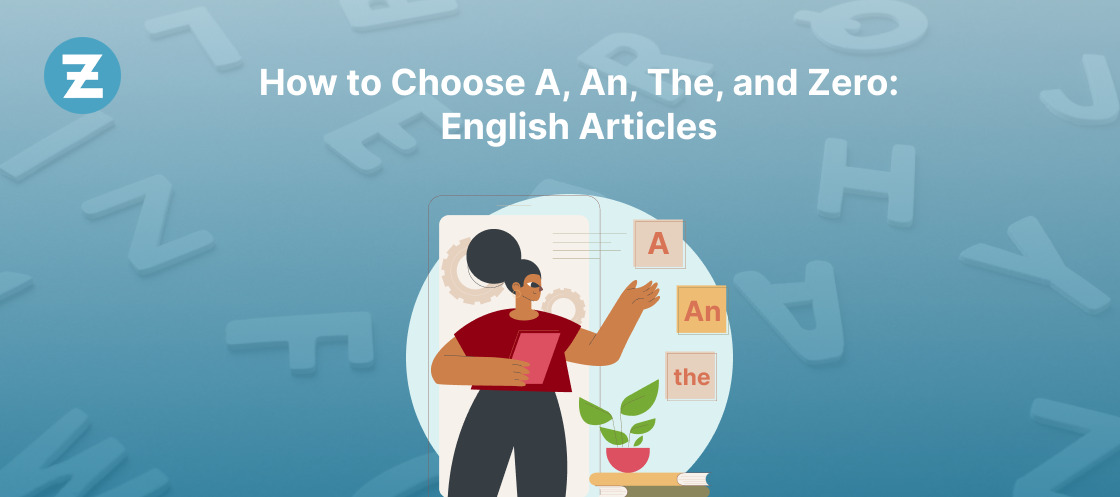Are you an English learner looking to enhance your financial vocabulary?
If so, you’ve come to the right place! In today’s fast-paced world, understanding key financial terms is crucial for effective communication and success in various professional settings.
Whether you’re planning to work in the finance industry or simply want to improve your language skills, this blog post will introduce you to 15 essential financial vocabulary words.
By familiarizing yourself with these terms, you’ll be well-equipped to navigate conversations, read financial documents, and make informed decisions.
So, let’s dive in and expand your financial lexicon!
Read Also: 25 Australian Slang Words & Phrases You Should Know
25 Key Phrases to Boost Your Money Vocabulary
-
Budget
A budget is a plan that outlines your income and expenses to help you manage your finances.
Example: I created a monthly budget to track my income and expenses and ensure I’m saving enough money.
-
Income
Income refers to the money you earn, typically from employment or investments.
Example: She has a steady income from her full-time job as a teacher.
-
Expenses
Expenses are the money you spend on various items or services.
Example: My monthly expenses include rent, utilities, groceries, and transportation costs.
-
Savings
Savings are the money set aside for future use or emergencies.
Example: He diligently saves a portion of his income each month to build up his savings for a down payment on a house.
| Upgrade your English pronunciation and listening abilities with Zoundslike’s interactive learning platform! |
-
Debt
Debt refers to money that you owe to someone else, such as credit card debt or a loan.
Example: She is struggling to pay off her student loan debt after graduating from college.
-
Interest
Interest is the cost of borrowing money or the return on investment.
Example: The bank charged him a 5% interest rate on the loan he took out to buy a car.
-
Assets
Assets are things of value that you own, such as cash, property, or investments.
Example: His assets include a house, a car, and a diverse investment portfolio.
-
Liabilities
Liabilities are debts or financial obligations that you owe to others.
Example: The company’s liabilities include outstanding loans and unpaid bills.
-
Credit
Credit refers to the ability to borrow money or buy goods and services now with the promise to pay later.
Example: He used his credit card to purchase a new laptop and will pay off the balance next month.
-
Credit score
A credit score is a numerical representation of an individual’s creditworthiness, based on their credit history.
Example: Her excellent credit score allowed her to secure a low-interest rate on her mortgage.
-
Investment
Investment refers to the act of putting money into an asset or business with the expectation of earning a profit.
Example: He decided to invest in stocks to potentially grow his wealth over time.
| Improve your listening and speaking skills in English with Zoundslike’s fun and easy-to-use app! |
-
Stocks
Stocks are shares of ownership in a company, bought and sold on the stock market.
Example: She purchased 100 shares of a tech company’s stocks, hoping for a rise in their value.
-
Bonds
Bonds are debt securities issued by companies or governments to raise capital, with regular interest payments.
Example: Investors often consider government bonds as a low-risk investment option.
-
Insurance
Insurance is a contract that provides financial protection against certain risks or losses.
Example: He had car insurance to cover any damages or accidents that may occur.
-
Inflation
Inflation is the general increase in prices of goods and services over time, reducing the purchasing power of money.
Example: Rapid inflation eroded the value of their savings, leading to higher costs for everyday items.
-
Cash
Cash refers to physical currency or money in the form of notes and coins.
Example: I prefer to pay in cash because it helps me stick to my budget.
-
Thrifty
Thrifty describes a person who is careful with their money and spends it wisely.
Example: She is known for her thrifty habits, always looking for ways to save money and find good deals.
Read Also: Speak Like a Brit: The Top 21 Expressions to Learn
-
Haggle
Haggle means to negotiate or bargain over the price of something to try to get a better deal.
Example: He managed to haggle with the vendor and got a lower price for the antique furniture.
-
Discount
A discount is a reduction in price from the original or regular price.
Example: The store was offering a 20% discount on all items during the weekend sale.
-
Deal
A deal refers to an agreement or arrangement that is advantageous or beneficial, usually involving a purchase or transaction.
Example: She found a great deal on a new laptop, getting it at a significantly lower price than its original value.
-
Business Negotiation
Business negotiation refers to the process of discussing and reaching an agreement between parties involved in a business transaction.
Example: The two companies engaged in a business negotiation to finalize the terms of their partnership.
-
Profit/loss
Profit refers to the financial gain made from a business or investment, while loss refers to the negative financial outcome.
Example: The company reported a significant profit this quarter due to increased sales, while last year they experienced a loss.
-
Market
Market refers to the environment in which buyers and sellers interact to trade goods or services.
Example: The company conducted market research to understand consumer preferences and target the right audience.
| Improve your English language proficiency with Zoundslike’s fun and interactive learning platform. |
-
Industry
Industry refers to a particular branch or sector of economic activity, such as technology, healthcare, or finance.
Example: She works in the automotive industry, specifically focusing on electric vehicle manufacturing.
-
Recession
A recession is a period of significant economic decline, characterized by reduced economic activity, lower employment rates, and decreased consumer spending.
Example: During the recession, many businesses had to downsize and implement cost-cutting measures.
-
Currency
Currency refers to the system of money used in a particular country or region.
Example: I exchanged my US dollars for euros at the currency exchange before traveling to Europe.
Read Also: Weather Idioms for Small Talk in English
Conclusion
In conclusion, this comprehensive guide has provided you with everything you need about financial vocabulary in English. By familiarizing yourself with these terms and idioms, you will be better equipped to navigate financial discussions and understand related content.
Remember, don’t be afraid to make mistakes! Learning from native speakers passionate about money will allow you to gain valuable insights and refine your language skills.
If you’re eager to further expand your vocabulary, we recommend trying the Zoundslike – language learning app. This innovative language-learning platform offers a unique approach to improving your English skills, enabling you to communicate effectively in no time.
So, why wait? Download the app today and embark on your journey to becoming a language master.


